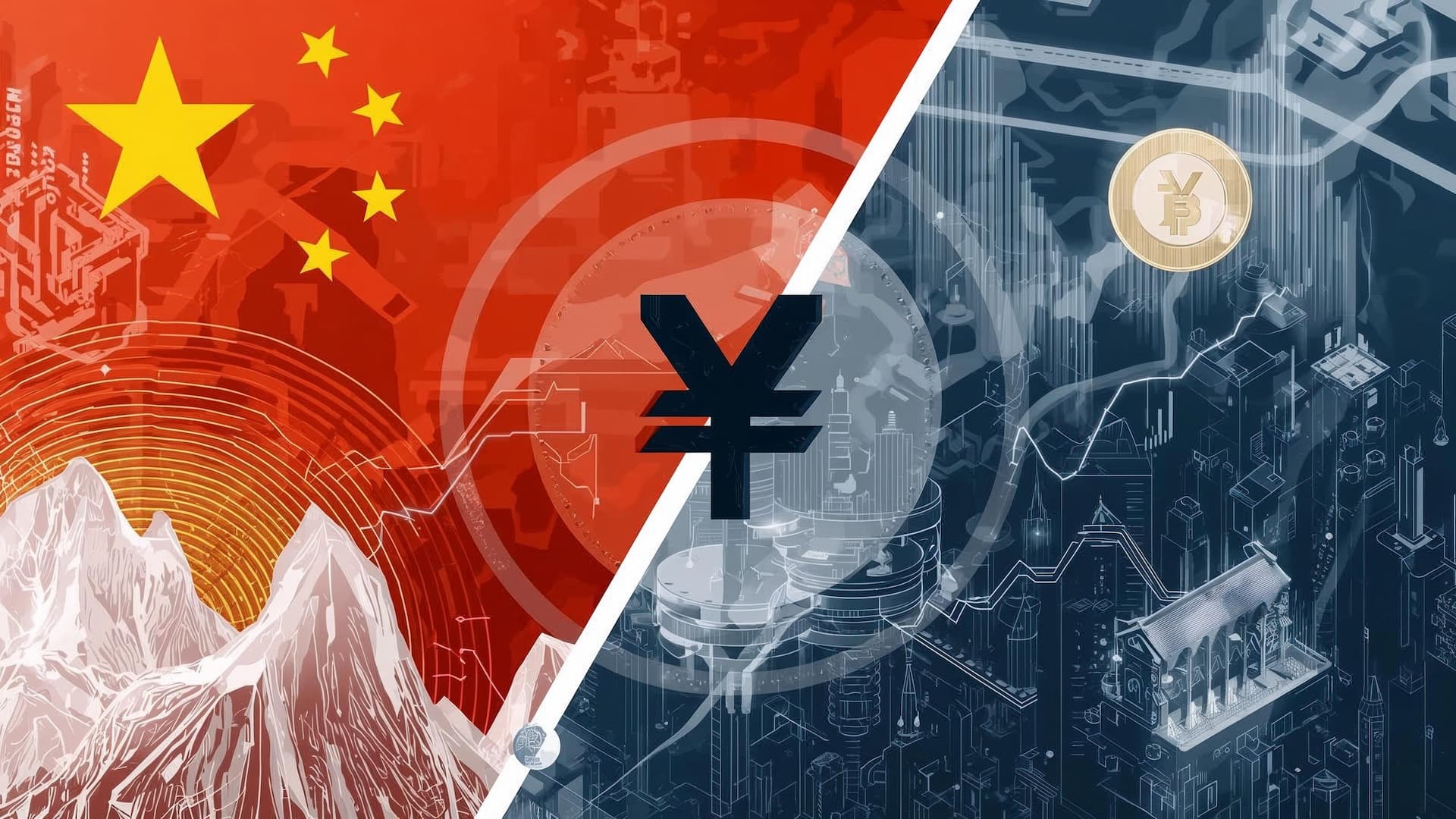A cyber-attack targeting the European Commission’s central mobile infrastructure was identified on 30 January, raising concerns that staff names and mobile numbers may have been accessed.
The Commission isolated the affected system within nine hours instead of allowing the breach to escalate, and no mobile device compromise was detected.
Also, the Commission plans a full review of the incident to reinforce the resilience of internal systems.
Officials argue that Europe faces daily cyber and hybrid threats targeting essential services and democratic institutions, underscoring the need for stronger defensive capabilities across all levels of the EU administration.
CERT-EU continues to provide constant threat monitoring, automated alerts and rapid responses to vulnerabilities, guided by the Interinstitutional Cybersecurity Board.
These efforts support the broader legislative push to strengthen cybersecurity, including the Cybersecurity Act 2.0, which introduces a Trusted ICT Supply Chain to reduce reliance on high-risk providers.
Recent measures are complemented by the NIS2 Directive, which sets a unified legal framework for cybersecurity across 18 critical sectors, and the Cyber Solidarity Act, which enhances operational cooperation through the European Cyber Shield and the Cyber Emergency Mechanism.
Together, they aim to ensure collective readiness against large-scale cyber threats.
Would you like to learn more about AI, tech and digital diplomacy? If so, ask our Diplo chatbot!










